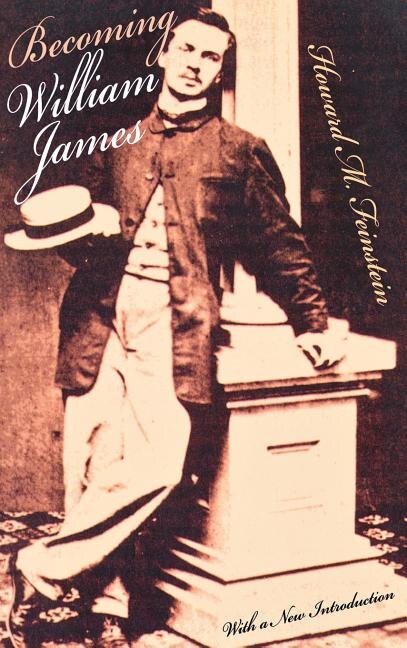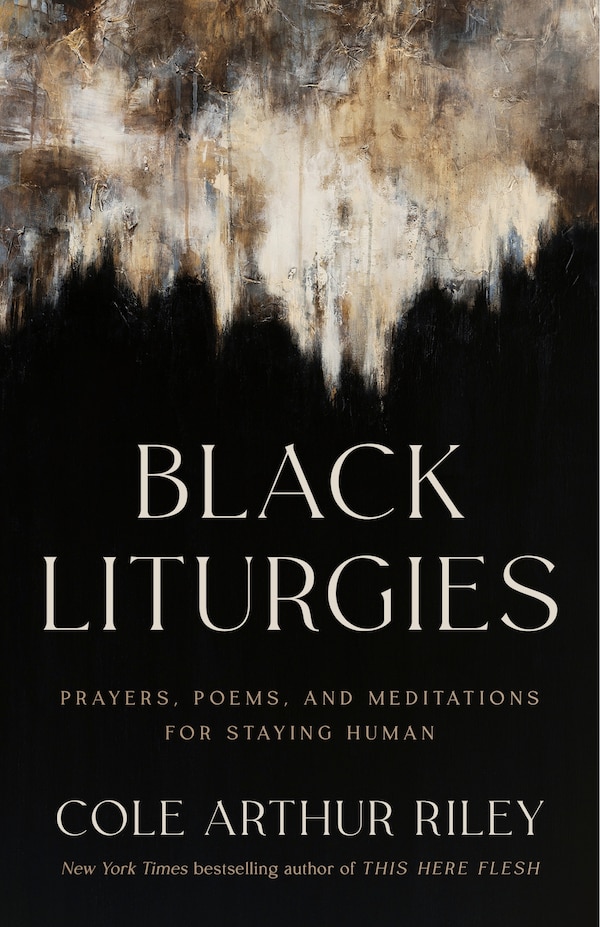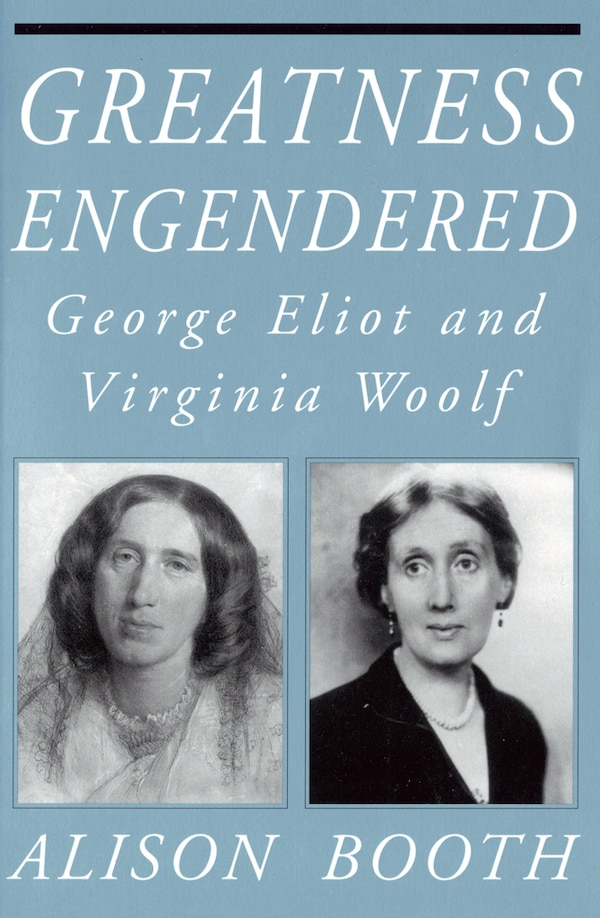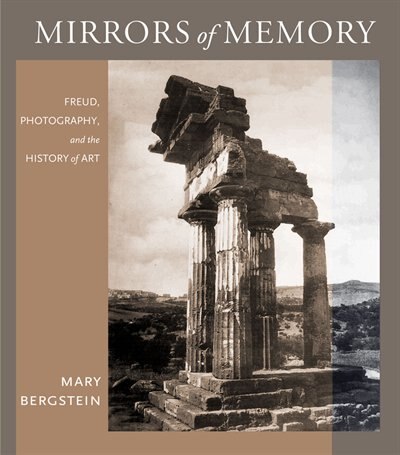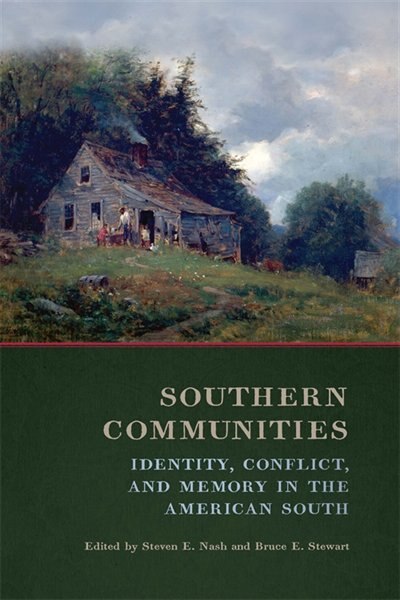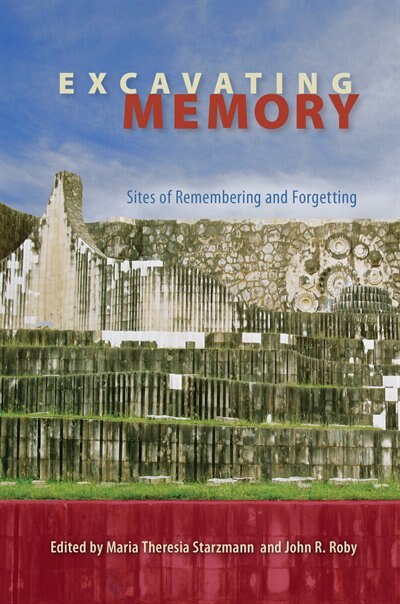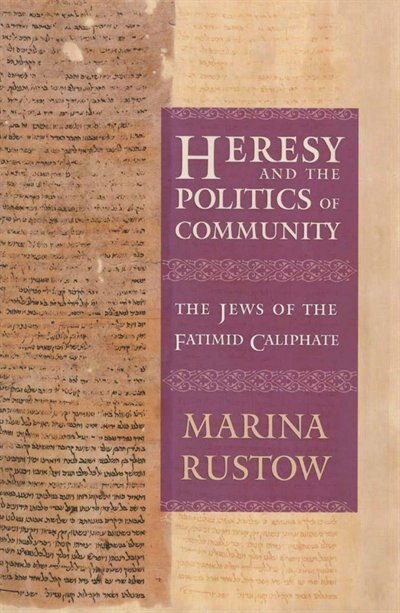
Give the Gift of Choice!
Too many options? Treat your friends and family to their favourite stores with a Bayshore Shopping Centre gift card, redeemable at participating retailers throughout the centre. Click below to purchase yours today!Purchase HereHome
Communities of Memory by William James Booth, Paper over Board | Indigo Chapters
Coles
Loading Inventory...
Communities of Memory by William James Booth, Paper over Board | Indigo Chapters in Ottawa, ON
From William James Booth
Current price: $99.95

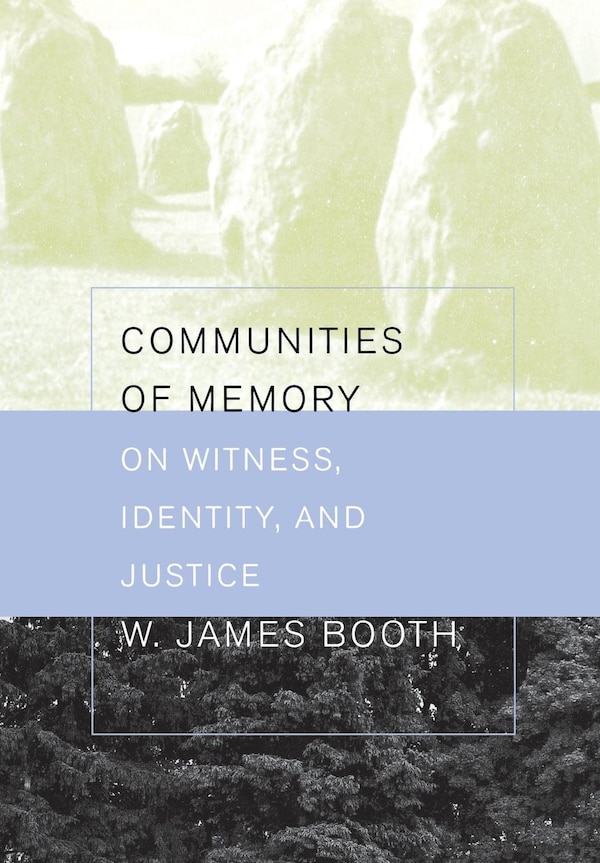
From William James Booth
Communities of Memory by William James Booth, Paper over Board | Indigo Chapters in Ottawa, ON
Current price: $99.95
Loading Inventory...
Size: 2.54 x 22.86 x 520
*Product information may vary - to confirm product availability, pricing, shipping and return information please contact Coles
Memory has fueled merciless, violent strife, and it has been at the core of reconciliation and reconstruction. It has been used to justify great crimes, and yet it is central to the pursuit of justice. In these and more everyday ways, we live surrounded by memory, individual and social: in our habits, our names, the places where we live, street names, libraries, archives, and our citizenship, institutions, and laws. Still, we wonder what to make of memory and its gifts, though sometimes we are hardly even certain that they are gifts. Of the many chambers in this vast palace, I mean to ask particularly after the place of memory in politics, in the identity of political communities, and in their practices of doing justice.?from the PrefaceW. James Booth seeks to understand the place of memory in the identity, ethics, and practices of justice of political communities. Identity is, he believes, a particular kind of continuity across time, one central to the possibility of agency and responsibility, and memory plays a central role in grounding that continuity. Memory-identity takes two forms: a habitlike form, the deep presence of the past that is part of a life-led-in-common; and a more fragile, vulnerable form in which memory struggles to preserve identity through time?notably in bearing witness?a form of memory work deeply bound up with the identity of political communities. Booth argues that memory holds a defining place in determining how justice is administered. Memory is tied to the very possibility of an ethical community, one responsible for its own past, able to make commitments for the future, and driven to seek justice. Underneath (and motivating) the politics of memory, understood as contests over the writing of history, over memorials, museums, and canons, he writes, there lies an intertwining of memory, identity, and justice. Communities of Memory both argues for and maps out that intertwining. | Communities of Memory by William James Booth, Paper over Board | Indigo Chapters
Memory has fueled merciless, violent strife, and it has been at the core of reconciliation and reconstruction. It has been used to justify great crimes, and yet it is central to the pursuit of justice. In these and more everyday ways, we live surrounded by memory, individual and social: in our habits, our names, the places where we live, street names, libraries, archives, and our citizenship, institutions, and laws. Still, we wonder what to make of memory and its gifts, though sometimes we are hardly even certain that they are gifts. Of the many chambers in this vast palace, I mean to ask particularly after the place of memory in politics, in the identity of political communities, and in their practices of doing justice.?from the PrefaceW. James Booth seeks to understand the place of memory in the identity, ethics, and practices of justice of political communities. Identity is, he believes, a particular kind of continuity across time, one central to the possibility of agency and responsibility, and memory plays a central role in grounding that continuity. Memory-identity takes two forms: a habitlike form, the deep presence of the past that is part of a life-led-in-common; and a more fragile, vulnerable form in which memory struggles to preserve identity through time?notably in bearing witness?a form of memory work deeply bound up with the identity of political communities. Booth argues that memory holds a defining place in determining how justice is administered. Memory is tied to the very possibility of an ethical community, one responsible for its own past, able to make commitments for the future, and driven to seek justice. Underneath (and motivating) the politics of memory, understood as contests over the writing of history, over memorials, museums, and canons, he writes, there lies an intertwining of memory, identity, and justice. Communities of Memory both argues for and maps out that intertwining. | Communities of Memory by William James Booth, Paper over Board | Indigo Chapters

